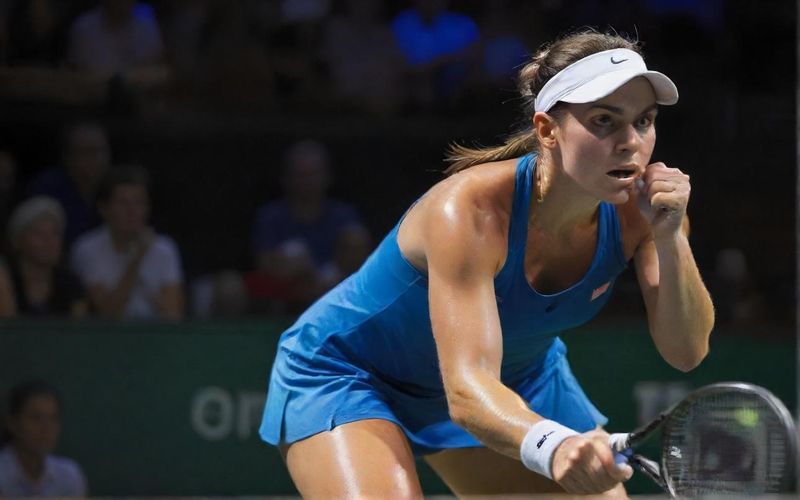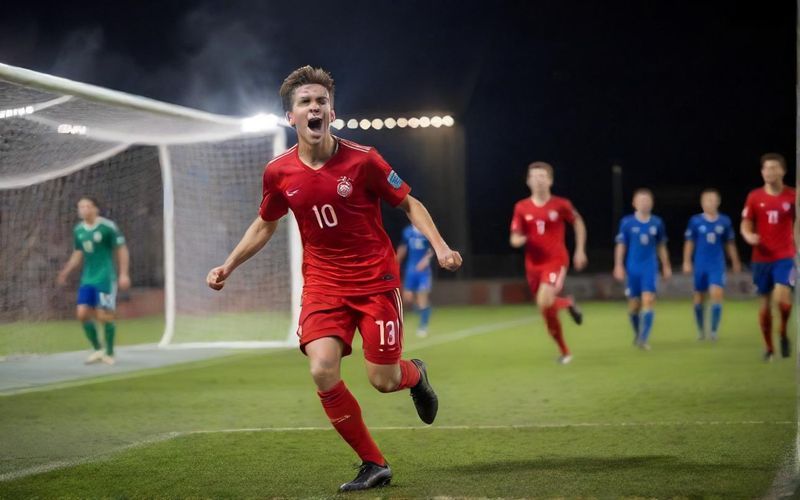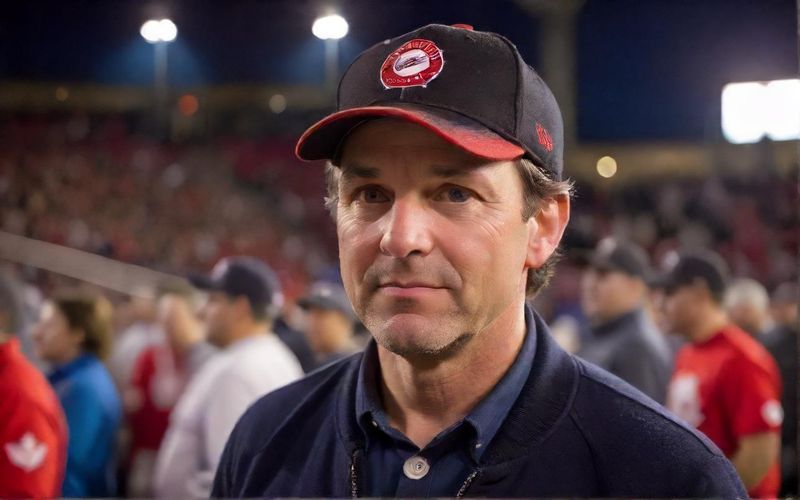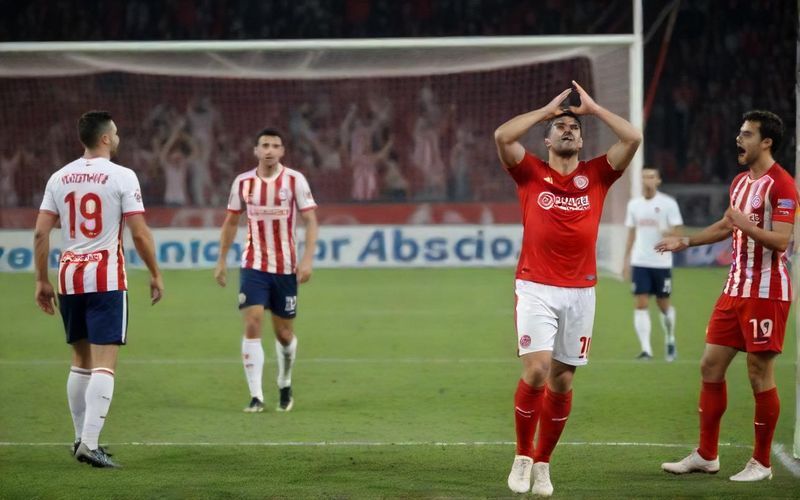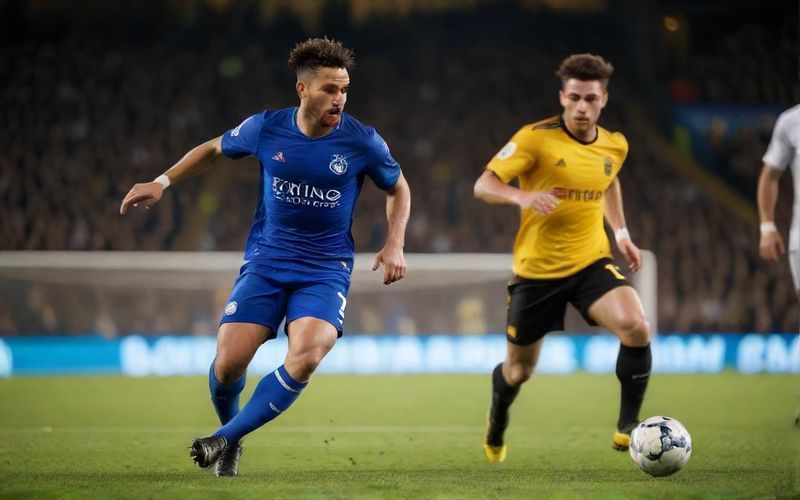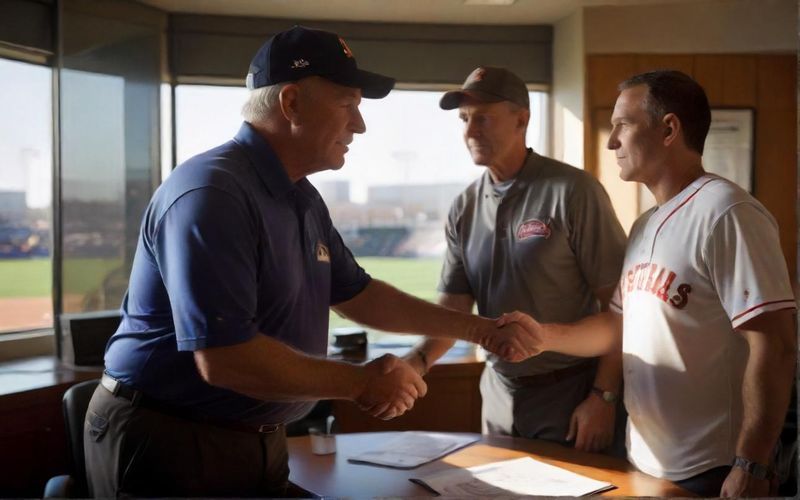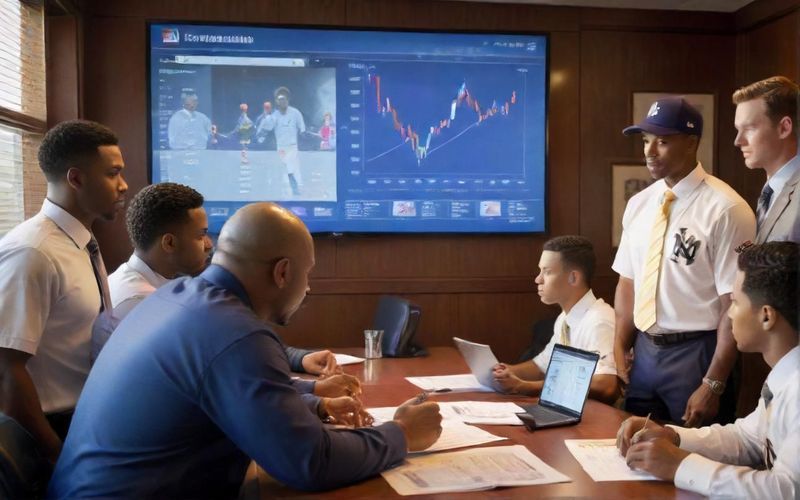São Paulo U20: Teamwork Trumps Talent in Copa Glory
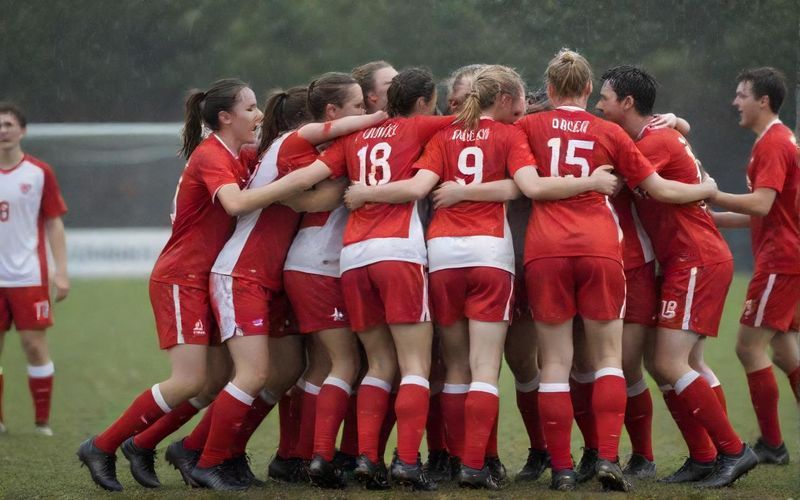
São Paulo’s advancement to the quarterfinals, securing a narrow 1-0 victory over Grêmio after a 1-1 draw in the first leg, wasn’t just another win. It was a testament to a more integrated approach, a team that, while perhaps not boasting any single prodigy destined for immediate global stardom, functions as a cohesive unit. The article paints a picture of a São Paulo side that dominated possession, dictated the tempo, and ultimately found their breakthrough from a set piece, a hallmark of well-drilled teams. This isn't to diminish the effort of the young players; rather, it’s to recognize the coaching and the team’s ability to execute a game plan effectively.
Contrast this with Grêmio. While they possess some highly-rated youngsters, including players earmarked for the U-17 national team, their U-20 campaign appears to be a missed opportunity. The analysis suggests a team that, despite individual potential, struggled with consistency throughout the year, particularly in regional tournaments. Their performance in the Copa do Brasil was a final chance to salvage a disappointing season, but it ultimately ended in defeat. The narrative here speaks to the challenge of translating individual talent into collective success, a problem many clubs grapple with. It’s easy to have a star, but building a championship team requires more than just a few bright sparks.
What strikes me is the subtle difference in how these two clubs are approaching youth development, as revealed through their performances. São Paulo, under coach Allan Barcellos, has achieved remarkable consistency. Winning the Copinha is no small feat, reaching the Paulista final demonstrates continued strength, and their pursuit of a fifth Copa do Brasil title solidifies their pedigree in this competition. Their U-20 team, while not necessarily supplying players to the current U-20 World Cup, seems to be benefiting from a stable coaching environment and a clear developmental pathway. This focus on the underlying structure, the coaching continuity, and the overall team development is what appears to be giving them the edge.
Grêmio, on the other hand, seems to be a victim of its own potential. The fact that their U-17 team is stronger and contributing to the national setup, while their U-20 squad misses out on key players for domestic competition, raises questions about their strategic allocation of resources and focus. The article points out that if these U-17 players were available, they might have bolstered the U-20 side. This highlights a common dilemma: how do you balance the immediate needs of one age group with the long-term development of another, especially when national team call-ups are involved? The comparison underscores that while individual talent is crucial, a club’s overarching strategy for nurturing and integrating these talents is equally, if not more, important.
The resilience of São Paulo’s young squad, particularly their ability to withstand Grêmio’s late pressure and secure the win, is a testament to their mental fortitude and tactical discipline. It’s a narrative that resonates beyond the pitch; in any competitive endeavor, consistency, structural integrity, and the ability to execute under pressure often outweigh flashes of individual brilliance. As São Paulo marches on, their success in this competition and their impending Paulista final against Santos offer a compelling case study for clubs everywhere: the foundation of a successful team, whether at the youth level or the professional ranks, is built on more than just the hype of its brightest stars. It's built on the bedrock of a well-executed plan and an unwavering commitment to collective growth.
Considering the trajectory of both clubs in this Copa do Brasil Sub-20, and the broader landscape of Brazilian youth football, one has to wonder: is the emphasis on individual "jewels" sometimes overshadowing the fundamental importance of a robust and consistent team development strategy?
